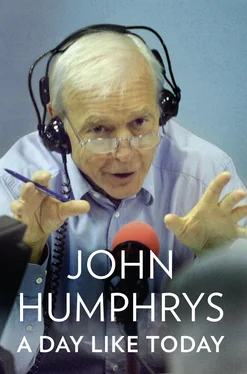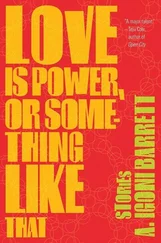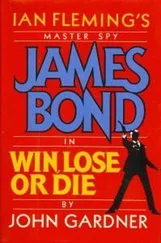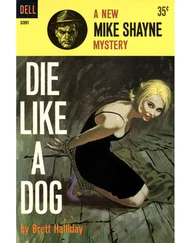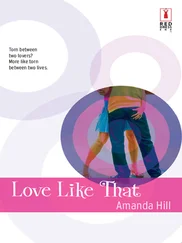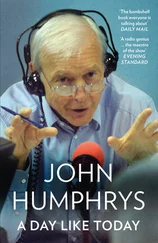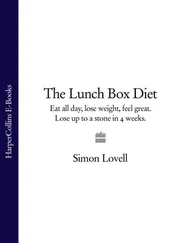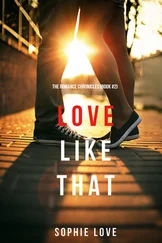Was I a reporter?
I’d like to think so. Reporting is, by a mile, the most important job in journalism. Without detached and honest reporting there is no news – just gossip. At the heart of any democracy is access to information. If people don’t know what is happening they cannot reach an informed decision. I like to think I did the job well enough. I had plenty of lucky breaks and even won a few awards. But I was never as brave as John Simpson or as dedicated as Martin Bell and I never had the writing skills of a James Cameron or Ann Leslie. I did not consider myself a great reporter and knew I never would be.
Was I a commentator?
Positively not. Columnists may not be as important as reporters, but they matter. The best not only offer the reader their own well-informed views on what is happening in the world, they cause them to question their own assumptions. They make the reader think in a different way. I very much doubt that I managed that.
Was I a newsreader?
Well, again, I was perfectly capable of sitting in front of a television camera and reading from an autocue without making too many mistakes. Not, you would accept, journalism’s equivalent of scaling Everest without oxygen. Whether I had the gravitas to command the attention and respect of the audience is another matter altogether. Probably the greatest news anchorman in the history of television news was Walter Cronkite, who presented the CBS Evening News in the United States for nineteen years when it was at its peak in the 1960s and 70s. Cronkite not only had enormous presence and authority, he had a relationship with the viewers that any broadcaster would kill for. It can be summed up in one word. Trust. He was named in one opinion poll after another as the most trusted man in America. He also happened to be a deeply modest and decent man.
As for me, back in 1987, I was just a here-today-gone-tomorrow newsreader who was about to become a presenter of the Today programme and who had not the first idea what he had to offer its enormous audience. I tried asking various editors who had worked over the years with some of the great presenters what I needed to do to make my mark or, at the very least, survive. Most of them gave me pretty much the same answer: be yourself.
As advice goes, that was about as much use as telling me to write a great novel or run a four-minute mile. How can you ‘be yourself’ if you don’t know who or what you are? How can you impose your personality on the programme if you’re not quite sure what it is? It’s not as if you can pop out and buy one off the peg.
‘Good morning, I’m looking for a radio personality.’
‘Certainly sir, anything specific in mind?’
‘Well, it’s for Radio 4 so nothing too flash. Obviously I need to be trusted by the listeners and I suppose it would help if they liked me.’
‘Of course sir, wouldn’t want them gagging on their cornflakes every time they heard your voice would we? But when you say “liked” do you have anyone in mind? Dear old Terry Wogan maybe? Or a bit more on the cutting edge, if I may be so bold? Perhaps a touch of the Chris Evans? It’s always a little tricky designing a personality if the customer doesn’t have a specific style in mind.’
‘Yes, I can see that. How about the trust factor then?’
‘Just as tricky as likeability in a way, sir. Takes rather a long time to earn trust.’
‘Of course … So what about “authority”?’
‘Sorry to be so negative sir, but that doesn’t come easy either. Bit like trust in a way … takes time and depends on your track record.’
‘Hmm … I think what you’re telling me is that you don’t actually have anything in stock that would give me a Today programme personality eh?’
‘I’m afraid so. Perhaps I could offer sir a suggestion?’
‘Please!’
‘Why not stick with what you’ve got and then pop back in … shall we say … five years or so and we’ll see whether it needs a little adjustment?’
‘Thank you … most kind of you.’
‘Not at all sir … is fifty guineas acceptable …?’
Had such a shop existed in the real world I might very well have popped back – not after five years but more likely after a week. Because I learned something very quickly, and it’s this: a curious thing happens when you present a live radio programme such as Today for several hours on end, mostly without a script or without any questions written down. You discover that you have no choice but to ‘be yourself’. There is so much pressure that there is no time to adopt somebody else’s persona or even to think about creating a new one for yourself. And that can be a blessing and a curse. In my case it is both.
Those of us who practise daily journalism need to be able to write to a deadline. You either master that skill or you find another way of making a living, and I can make the proud boast that I have never missed a deadline. Very impressive, you might say, given how long I’ve been practising this trade and how many deadlines I have faced. You might be rather less impressed if I reproduced here some of the rubbish I have written over the years as the clock ticks down – but that’s another matter altogether. The rule is: never mind the quality … get it done and get it done NOW!
I’ve lost track of the number of times the 8.10 story on Today has suddenly changed and another story has taken its place, meaning that I’ve had only three or four minutes to write the introduction. In the pre-computer days it meant hammering away at the typewriter in the newsroom, ripping it out of the rollers as the clock ticked down and then running like hell into the studio with it. That, by the way, is always a mistake. I learned the hard way that you might save five seconds if you run to the studio, but when you drop into your seat in front of the microphone you will be unable to speak for the next thirty seconds because you are out of breath. And you will sound very silly.
I like to think I had a pretty rigid routine when I was presenting Today . I would skim the newspapers in the back of the car that picked me up at about 3.45 a.m. so that by the time we got to New Broadcasting House I had a rough idea of what was going on in the world. Then I would log on to my computer, heap praise on the overnight editor for the invariably wonderful programme he had put together (or not as the case may be) and would set about writing my introductions – or ‘cues’ as we call them. Then I had my breakfast sitting at my desk – a bowl of uncooked porridge oats, banana and yoghurt – while I started to think of the questions I’d be asking my interviewees over the next three hours. So by the time I got into the studio, I had lots of questions written down just waiting to be asked.
In my dreams.
Look, I KNOW it made sense to do just that. I KNOW I should have done what most of my colleagues did, which was read the briefs that had been so painstakingly prepared by the producers the day before and had the structure of the interview written down with some questions just in case the brain went blank at a crucial moment. Something which, I promise you, happened more often than you might think. So why didn’t I do it? God knows. I always ended up finding another dozen things to do that seemed infinitely more important at the time but never were.
It meant that at some point in the programme I would realise that I hadn’t the first idea what vitally important subject it was that I was meant to be addressing with the rather anxious person who had just been brought into the studio. Every morning I promised myself I would be more disciplined in future and every morning I failed. I tried to justify my idiotic behaviour by telling myself that interviews are better if you have no questions written down. After all, we wanted our audience to feel they are listening to a spontaneous conversation rather than to some automaton reading from a list of prepared questions. But there was a balance to be struck and I invariably erred on the side of telling myself it would be alright on the night – even when there was a tiny warning light flashing in my brain telling me I might be about to make a fool of myself.
Читать дальше
